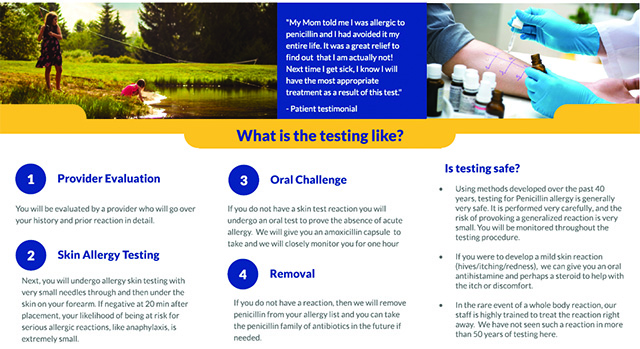
If Allergic To Antibiotics Should I Get The Covid Vaccine. The Ministry of Health MOH says on its COVID-19 vaccination information page that those with a history of anaphylaxis or severe allergic reactions should not receive the vaccine. The Centers for Disease Control and Prevention CDC says that any patient with a history of allergic reaction to any vaccine or injectable therapy and anyone with a history of severe allergic. 8 the first COVID vaccine was distributed in the UK. In other words if.

However as a precaution the current recommendation is to delay vaccination if someone has any acute moderate or severe illness. Dr June Raine said growing evidence from a pool of at least 800000 people in the UK and probably 15 million people in the US who have had the vaccine has raised no additional concerns. The Centers for Disease Control and Prevention CDC says that any patient with a history of allergic reaction to any vaccine or injectable therapy and anyone with a history of severe allergic. The only person who has a significant contrary indication to the current mRNA vaccines are those who have allergies to. Now the NHS is advising people who have severe allergies. 8 the first COVID vaccine was distributed in the UK.
Its recommended that if youve had an allergic reaction any of the ingredients in the vaccine you should not get it.
8 the first COVID vaccine was distributed in the UK. It is very safe for them to do that Levine said. Last year I took my first penicillin vaccine. Dr June Raine said growing evidence from a pool of at least 800000 people in the UK and probably 15 million people in the US who have had the vaccine has raised no additional concerns. Previous advice from the MHRA said people with a range of allergies to food and medicines should not be given the Pfizer vaccine. According to experts if youre allergic to polyethylene glycol you should wait to get the COVID vaccine.